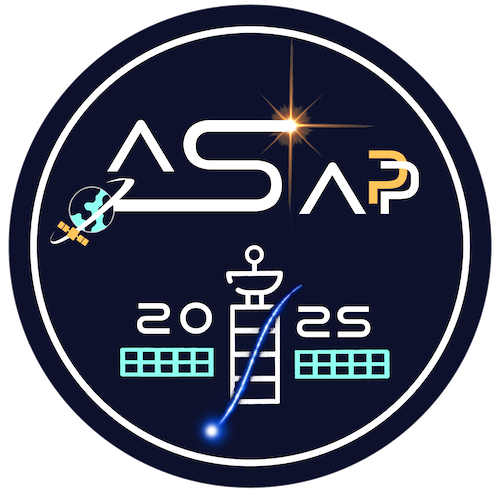Speaker
Description
In astroparticle physics, machine learning (ML)-based analyses often rely heavily on Monte Carlo (MC) simulations, yet discrepancies between simulated and real experimental data can pose significant challenges, particularly in the context of supervised ML techniques. In its 2017 publication, the Fermi-LAT collaboration conducted an analysis of the cosmic electrons and positrons spectrum, exploiting supervised ML techniques for particles identification. While effective, these techniques are inherently model-dependent, as they require training on MC simulations, making them susceptible to systematic uncertainties and biases. To address this limitation, we implemented a novel approach based on unsupervised learning (UL) techniques, which autonomously identify patterns within experimental data. This method enables an almost model-independent selection, reducing potential biases and enhancing the robustness of the analysis. Applied to Fermi-LAT data, this method enhances the robustness of cosmic electron and positron spectrum measurements. Beyond this application, our work highlights the broader potential of UL in astroparticle physics, offering a powerful alternative for ML-based analyses.
| Eligibility for "Best presentation for young researcher" or "Best poster for young researcher" prize | Yes |
|---|
